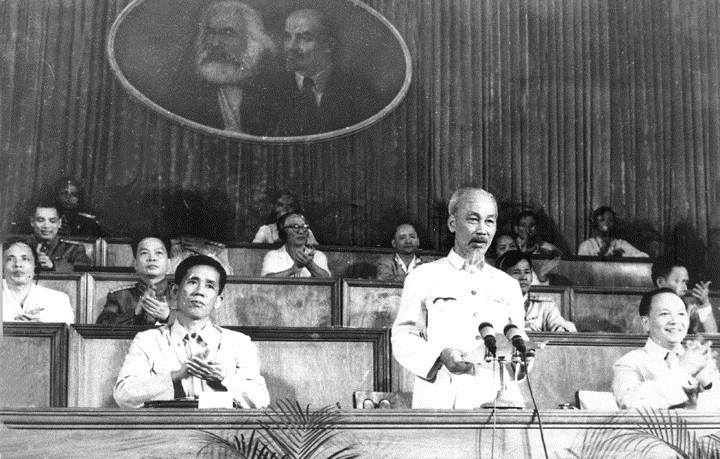
President Ho Chi Minh read a speech at the 3rd National Congress of the Party in Hanoi . Photo: Archive.
Conference to establish the Communist Party of Vietnam
Under the chairmanship of comrade Nguyen Ai Quoc, the conference to unify communist organizations in Vietnam took place from January 6 to February 7, 1930 in Hong Kong (China), marking the historical significance of the Congress to establish the Communist Party of Vietnam.
The conference merged three Communist organizations in Vietnam, namely the Indochina Communist Party, the Annam Communist Party, and the Indochina Communist Federation, into a single party, the Communist Party of Vietnam, with the goal of leading the Vietnamese revolutionary movement to liberate the nation, liberate the class, liberate society, liberate people, and advance to socialism.
The conference proposed the Brief Platform, Brief Strategy and Brief Charter, in which the Brief Platform and Brief Strategy reflected the content of the first political platform of the Communist Party of Vietnam.
The conference also issued an Appeal on the occasion of the founding of the Communist Party of Vietnam by comrade Nguyen Ai Quoc on behalf of the Communist International and the Communist Party of Vietnam to workers, farmers, soldiers, youth, students and all oppressed and exploited compatriots.
The First Party Congress: Restoring the organization and unifying revolutionary movements under the leadership of the Party
The first Congress of the Party was held from March 27 to March 31, 1935, in Macau (China). Attending the Congress were 13 delegates representing nearly 6,000 Party members operating at home and abroad.
Based on the specific situation and forecast of the domestic and international situation, the Congress set out three main tasks: Consolidating and developing the Party, winning over the broad masses; stepping up the fight against imperialist war; passing the Political Resolution and Party Charter, Resolutions on mobilizing workers, farmers, youth, women...
The Congress elected a 13-member Central Executive Committee, with comrade Le Hong Phong as General Secretary. Comrade Nguyen Ai Quoc was appointed as the Party's representative to the Communist International. In July 1936, comrade Ha Huy Tap was appointed General Secretary. Nearly two years later, in March 1938, comrade Nguyen Van Cu was appointed General Secretary of the Party.
The first Congress of the Party was an important historical milestone, held 5 years after the Conference to unify communist organizations, establishing the Communist Party of Vietnam. The Congress marked the restoration of party organizations from the Central to local levels, from within the country to abroad. At the same time, it unified the revolutionary struggles of the working class, farmers and all classes of people under the glorious flag of the Party.
The Second Party Congress: The Party led the resistance war to complete victory.
Historical conditions have posed requirements for our Party to supplement and complete the Vietnamese revolutionary line, leading the resistance war to victory. The Party Central Committee decided to convene the 2nd National Congress of the Party, meeting from February 11 to February 19, 1951 in Vinh Quang commune, Chiem Hoa district, Tuyen Quang province.
The Congress was attended by 158 official delegates and 53 alternate delegates, representing more than 760,000 party members.
The Congress reviewed 21 years of the Party's leadership of the people's national democratic revolution, 5 years of leadership of the young government and the resistance war for national construction; clarified the experiences, lessons and theories of the people's national democratic revolution and people's war; assessed the development of the first half and forecasted the development of our country's revolution in the second half of the 20th century.
The Congress developed the resistance line and proposed specific policies to bring the resistance war against France to complete victory and prepare the premises for moving towards socialism after the resistance war was successful.
Due to the development and requirements of the revolutionary and resistance cause, the Congress decided to build a separate Communist Party in each Indochinese country. In Vietnam, the Party took the name of the Vietnam Workers' Party.
The Congress elected a Central Executive Committee consisting of 19 official members and 10 alternate members. The Central Executive Committee elected the Politburo and the Secretariat. Comrade Ho Chi Minh was elected Chairman of the Central Executive Committee of the Party, and Comrade Truong Chinh was re-elected General Secretary.
The Second National Congress marked the maturity of our Party in all aspects, meeting the urgent requirements of reality to bring the resistance war to complete victory.
The Third Party Congress: Building socialism in the North, fighting for national reunification
The Third National Congress of the Party was held from September 5 to September 10, 1960 in Hanoi. The Congress was attended by 525 official delegates and 51 alternate delegates, representing more than 500,000 Party members.
The Congress summarized 30 years of Party leadership, bringing up lessons of theoretical and practical significance of the Vietnamese revolution under the Party's leadership.
The Congress pointed out that the task of socialist revolution in the North is the most decisive task for the development of our entire revolution and for the cause of national reunification of our people.
The Congress determined that the Southern revolution had a very important position, directly deciding the cause of liberating the South from the domination of American imperialism and its lackeys, achieving peaceful reunification of the country, and completing the task of the people's democratic revolution throughout the country.
The Congress elected a Central Executive Committee consisting of 78 comrades, including 47 official members and 31 alternate members. President Ho Chi Minh was re-elected as Party Chairman; Comrade Le Duan was elected as First Secretary of the Party Central Executive Committee.
The Congress resolved to take February 3 of each year as the anniversary of the founding of the Communist Party of Vietnam.
The 4th Party Congress: Completing the cause of liberating the South, unifying the country, and bringing the whole country to socialism
The 4th National Party Congress was held from December 14 to December 20, 1976 in Hanoi with the participation of 1,008 delegates representing more than 1.55 million party members nationwide. 29 international delegations attended the Congress.
The 4th National Party Congress was the victorious Congress of the national liberation struggle, the Congress summarizing the great lessons of the resistance war against the US to save the country, leading the whole country to socialism.
The Congress outlined the guidelines and policies throughout this period: implementing the policy of national reconciliation, socialist transformation, healing the wounds of war, gradually restoring and developing the economy, culture, education, and society; promoting socialist industrialization, and building the material and technical foundations of socialism.
Regarding Party building work, the Congress summarized the experiences accumulated over the past decades; determined the tasks, guidelines and measures for Party work in the new period, ensuring that the Party is up to the new level of tasks.
The Congress decided to restore the Party's original name, the Communist Party of Vietnam; elected a Central Executive Committee consisting of 101 official members and 32 alternate members. The Central Executive Committee elected a Politburo consisting of 14 official members and three alternate members. Comrade Le Duan was elected General Secretary of the Party.
The 5th National Party Congress: All for the socialist Fatherland, for the happiness of the people
The 5th National Party Congress was held from March 27 to March 31, 1982 in Hanoi. Attending the Congress were 1,033 delegates representing more than 1.72 million Party members nationwide.
The Congress comprehensively assessed the victories that our Party and people have achieved in the cause of national construction and defense since 1975. The Congress affirmed that our entire Party, people and army have overcome the severe consequences caused by the war of aggression and natural disasters, restored and developed production, redistributed social labor, and consolidated socialist production relations. In the South, the socialist transformation has achieved initial results.
The Congress elected a Central Executive Committee consisting of 116 official members and 36 alternate members. The Executive Committee elected a Politburo consisting of 13 official members and two alternate members. Comrade Le Duan was elected by the Central Executive Committee to continue as General Secretary of the Party.
On July 10, 1986, General Secretary Le Duan passed away. The Central Executive Committee held a special meeting on July 14, 1986, electing comrade Truong Chinh as General Secretary of the Party.
The 6th National Party Congress: Initiating and leading the cause of national renewal
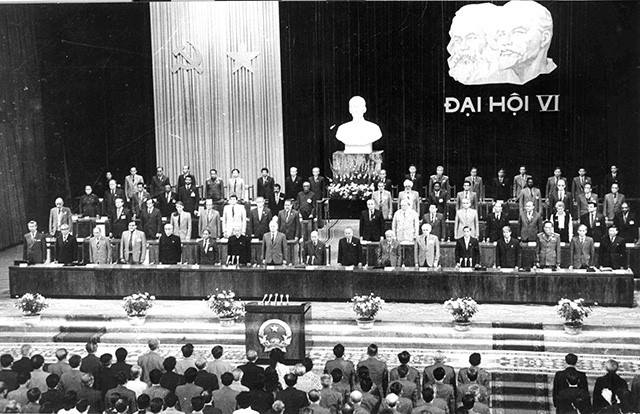
The 6th National Congress of the Party held in Hanoi (Photo: Archive)
The 6th National Party Congress took place from December 15 to December 18, 1986 in Hanoi. Attending the Congress were 1,129 delegates representing nearly 1.9 million Party members throughout the Party.
With the spirit of "looking straight at the truth, correctly assessing the truth, and clearly stating the truth", the Congress affirmed its determination to innovate the Party's leadership in the spirit of revolution and science.
Based on the analysis and assessment of the country's situation, self-criticism of mistakes and shortcomings, and innovation of theoretical thinking through many researches and practical tests, the Congress proposed a reform policy: First of all, reform of the economic structure (industrial-agricultural structure; internal structure of the agricultural sector; light industry and handicrafts; heavy industry and infrastructure; district economic structure). Implement three economic programs including: food and foodstuff program; consumer goods program; export goods program. Build and consolidate socialist production relations, properly use and reform economic sectors.
The 6th Congress put forward a new viewpoint on socialist reform based on three principles: It is necessary to follow the law of conformity between production relations and the nature and level of productive forces to determine appropriate steps and forms. It must start from the reality of our country and be an application of Lenin's viewpoint that considers a multi-sector economy as a characteristic of the transitional period. In the process of socialist reform, it is necessary to build new production relations on all three aspects of building a public ownership regime of means of production, a management regime and a socialist distribution regime.
The Congress elected the Central Executive Committee consisting of 124 official members and 49 alternate members. The Central Executive Committee elected the Politburo consisting of 13 official members and one alternate member, and elected the Secretariat. Comrade Nguyen Van Linh was elected as the Party's General Secretary. Comrades Truong Chinh, Pham Van Dong, and Le Duc Tho were appointed as Advisors to the Party Central Executive Committee.
The 7th National Party Congress: Comprehensive and synchronous innovation, leading the country forward on the path of socialism
The 7th National Party Congress took place from June 24 to June 27, 1991 in Hanoi. Attending the Congress were 1,176 delegates representing more than 2 million 155 thousand Party members throughout the Party.
With the mission of “Continuing to carry out the task of taking the country on the path of innovation”, the 7th Congress is the Congress of wisdom-innovation, democracy-discipline-solidarity; it is the Congress that for the first time approved the Platform for national construction in the transitional period to socialism in our country. The Congress also approved the Strategy for socio-economic stability and development until 2000; the Party building report and the amendment of the Party Charter (amended Party Charter).
The Congress once again affirmed that the Communist Party of Vietnam is the vanguard of the Vietnamese working class, the loyal representative of the interests of the working class, the working people and the entire nation. The Party takes Marxism-Leninism and Ho Chi Minh Thought as its ideological foundation and compass for action, and takes democratic centralism as its basic organizational principle.
The Congress elected a Central Committee of 146 members. The Central Committee elected a Politburo of 13 members and a Secretariat of nine members. Comrade Do Muoi was elected as the Party's General Secretary. Comrades Nguyen Van Linh, Pham Van Dong, and Vo Chi Cong were assigned the responsibility of being Advisors to the Party Central Committee.
The 7th mid-term national conference of the Party took place from January 20 to January 25, 1994 in Hanoi. The conference was attended by 647 delegates.
The conference reviewed the implementation of the Resolution of the 7th National Party Congress and summarized a practical step of innovation from the 6th National Party Congress to clarify a number of issues in the process of advancing to socialism in our country, identify major policies and solutions to successfully implement the Resolution of the 7th National Party Congress, continue to advance our country's revolutionary cause, and push forward a step of modernization and industrialization of the country.
The 8th National Party Congress: Continuing innovation, promoting industrialization and modernization of the country
The 8th National Party Congress took place from June 28 to July 1, 1996 in Hanoi. Attending the Congress were 1,198 party members representing nearly 2 million 130 thousand party members in the entire Party.
The congress affirmed that our country has emerged from the socio-economic crisis, but some aspects are still not stable. Summarizing the 10-year journey of innovation, the congress drew 6 main lessons.
The Congress elected the 8th Central Executive Committee consisting of 170 members. The Central Executive Committee elected a Politburo consisting of 19 members. Comrade Do Muoi was elected to continue as General Secretary of the Party. Comrades Nguyen Van Linh, Pham Van Dong, and Vo Chi Cong were assigned to be Advisors to the Central Executive Committee of the Party.
At the 4th Central Conference, 8th term (meeting from December 22 to December 29, 1997), the Party Central Committee accepted the proposal of General Secretary Do Muoi on transferring the position of General Secretary; elected comrade Le Kha Phieu as General Secretary of the Party. Comrades Do Muoi, Le Duc Anh, and Vo Van Kiet were assigned to be Advisors to the Party Central Committee.
The 9th National Party Congress: Promoting the strength of the entire nation, accelerating industrialization and modernization
The 9th National Congress of the Party was held in Hanoi from April 19 to April 22, 2001 with the participation of 1,168 delegates representing 2,479,719 Party members throughout the Party.
With the slogan of action "Wisdom, democracy, solidarity, innovation", the Congress summarized 5 years of implementing the Resolution of the 8th Congress, 10 years of implementing the Strategy, 15 years of innovation, drawing lessons from the innovation process, thereby developing and perfecting the guidelines, defining the country's development strategy in the first two decades of the 21st century.
The Congress pointed out that the general model of the transition period to socialism in Vietnam is to develop a multi-sector commodity economy, operating according to a market mechanism under State management, following a socialist orientation.
The Congress adopted the economic development policy as: “promoting industrialization and modernization, building an independent and self-reliant economy, turning our country into an industrialized one; prioritizing the development of productive forces, while building appropriate production relations in line with the socialist orientation; maximizing internal strength, while mobilizing external resources and proactively integrating into the international economy for rapid, effective and sustainable development; economic growth goes hand in hand with cultural development, gradually improving the material and spiritual life of the people, realizing social progress and equity, protecting and improving the environment; combining socio-economic development with strengthening national defense and security”.
The Congress affirmed that it is necessary to attach importance to building a clean and strong Party. This is a key task, a decisive factor for the existence and development of our Party, a factor ensuring the victory of the cause of industrialization, modernization, regional and international integration, and the construction and solid protection of the Fatherland.
The Congress elected a Central Executive Committee of 150 comrades; the first meeting of the Central Executive Committee elected a Politburo of 15 comrades; and a Secretariat of 9 comrades. Comrade Nong Duc Manh was elected General Secretary of the Party.
The 10th Party Congress: Mobilizing and making good use of all resources, soon bringing our country out of underdevelopment
The 10th National Party Congress met from April 18 to April 25, 2006 in Hanoi with the participation of 1,176 delegates representing more than 3.1 million Party members throughout the Party.
The Congress reviewed five years of implementing the 9th Congress Resolution, summarized 20 years of innovation, and determined goals and directions for national development in the next five years.
The Congress assessed that after 20 years of renovation, our country has achieved great and historic achievements; at the same time, it highlighted five major lessons.
The Congress decided on the general goal for the next five years: to enhance the Party's leadership capacity and fighting strength, promote the strength of the entire nation, comprehensively promote the renovation process, mobilize and make good use of all resources for the country's industrialization and modernization; develop culture; achieve social progress and equity; strengthen national defense and security, expand foreign relations; proactively and actively integrate into the international economy; maintain socio-political stability; soon bring our country out of underdevelopment; create a foundation for our country to basically become a modern industrialized country by 2020.
The Congress also clearly stated the consistent implementation of the foreign policy of independence, self-reliance, peace, cooperation and development; the foreign policy of openness, multilateralization and diversification of international relations...
The Congress elected the 10th Central Executive Committee, consisting of 160 official members and 21 alternate members. The first session of the Central Executive Committee elected 14 comrades to the Politburo and 8 comrades to the Secretariat. Comrade Nong Duc Manh continued to be elected as the Party's General Secretary. The 9th Central Conference, held from January 5 to January 14, 2009, elected 1 additional comrade to the Politburo and 2 comrades to the Secretariat.
The 11th National Party Congress: Continuing to improve the Party's leadership capacity and fighting strength, comprehensively promoting the country's renewal process
The 11th National Party Congress met from January 12 to January 19, 2011 in Hanoi with the participation of 1,377 delegates, representing more than 3.6 million Party members throughout the Party.
From the practice of direction and leadership, the Congress drew a number of lessons. That is, we must always persevere in implementing the guidelines and goals of innovation, steadfastly and creatively apply and develop Marxism-Leninism and Ho Chi Minh Thought; attach importance to the quality, efficiency of growth and sustainable development; attach importance to closely combining economic growth with the implementation of social progress and equity; pay special attention to consolidating and building a clean and strong Party; in direction and leadership, we must be sensitive, resolute, creative, and closely follow reality, etc.
The Congress discussed and approved the Platform for national construction in the transitional period to socialism (supplemented and developed in 2011); the Socio-Economic Development Strategy 2011-2020; the Report of the 10th Party Central Committee; the Party Charter (supplemented and amended) and many other important documents.
The Congress elected the 11th Party Central Committee, consisting of 175 official members and 25 alternate members. At the first meeting, the Central Committee elected a Politburo of 14 members; a Secretariat of 4 members. Comrade Nguyen Phu Trong was elected General Secretary of the Party.
At the 7th Central Conference of the 11th term, held from May 2 to May 11, 2013, 02 comrades were elected to the Politburo, 01 comrade was elected to the Secretariat.
The 12th National Party Congress: Entering the era of integration and development
The 12th National Party Congress was held from January 20 to January 28, 2016 in Hanoi with the participation of 1,510 delegates organized into 68 delegations. This is the Congress with the largest number of delegates among the 12 National Congresses of the Party.
The Congress was held after 30 years of the entire Party, army and people carrying out the Renovation process since the 6th Party Congress (December 1986).
With the motto: "Solidarity - Democracy - Discipline - Innovation", the Congress has truly promoted democracy, concentrated intelligence, promoted responsibility, discussed enthusiastically and frankly and created high consensus with the Draft Documents of the 11th Central Executive Committee submitted to the Congress, including: Political Report; Report on the 5-year socio-economic development plan (2016-2020); Report on reviewing the leadership of the 11th Central Executive Committee; Report on summarizing the implementation of Resolution 4 of the 11th Central Executive Committee on some urgent issues on Party building.
The 12th Congress is the first Congress in which our Party has implemented the Project: "Planning the Central Executive Committee, Politburo, Secretariat, key leadership positions of the Party and State for the 2016-2021 term and the following terms". On the basis of the Project on strategic-level cadre planning, the work of preparing personnel for the Central Executive Committee, Politburo, Secretariat and key leadership positions of the Party and State for the 2016-2021 term is carried out according to a strict, methodical, scientific, and cautious process, truly promoting democracy, maintaining discipline, and creating high unity of the 11th Central Executive Committee and the Congress delegates.
With a high sense of responsibility, the 12th National Congress of the Party elected a new Party Central Committee of 200 comrades, including 180 official members and 20 alternate members.
At the first meeting of the 12th Party Central Committee, the Central Executive Committee met to elect the Politburo, the Central Secretariat, and the Central Inspection Committee. Comrade Nguyen Phu Trong was elected to continue holding the position of General Secretary of the 12th Party Central Executive Committee.
The 13th National Party Congress: Strengthening the building and rectification of a clean and strong Party and political system; arousing the will and determination to develop the country, promoting the strength of great national unity combined with the strength of the times; continuing to comprehensively and synchronously promote the renovation process; firmly building and defending the Fatherland, maintaining a peaceful and stable environment; striving to make our country a developed country with a socialist orientation by the middle of the 21st century.
The 13th National Party Congress convened from January 26 to February 1, 2021 in Hanoi with the participation of 1,587 delegates representing over 5 million Party members of the entire Party. With a high sense of responsibility, the 13th National Party Congress elected a new Party Central Committee consisting of 200 comrades, including 180 official members and 20 alternate members. Comrade Nguyen Phu Trong was elected to continue holding the position of General Secretary of the 13th Party Central Committee.
At the 13th Party Central Committee meeting held on August 3, 2024 in Hanoi, after General Secretary Nguyen Phu Trong passed away. Here, the Party Central Committee voted and unanimously voted 100% to elect Comrade To Lam, Politburo member, President of the Socialist Republic of Vietnam to hold the position of General Secretary of the 13th Central Committee of the Communist Party of Vietnam.
In 2025, the entire political system of our country will hold Party Congresses at all levels for the 2025-2030 term. This is not only a large-scale political activity for the entire Party and people, but also a premise for the successful organization of the 14th National Congress of the Party.
PV (synthesis)
Source: https://caobang.gov.vn/chinh-tri/dang-cong-san-viet-nam-qua-cac-ky-dai-hoi-1026785


![[Photo] Solemn opening of the 10th Session, 15th National Assembly](https://vphoto.vietnam.vn/thumb/1200x675/vietnam/resource/IMAGE/2025/10/20/1760937111622_ndo_br_1-202-jpg.webp)
![[Photo] Prime Minister Pham Minh Chinh meets with Speaker of the Hungarian National Assembly Kover Laszlo](https://vphoto.vietnam.vn/thumb/1200x675/vietnam/resource/IMAGE/2025/10/20/1760970413415_dsc-8111-jpg.webp)

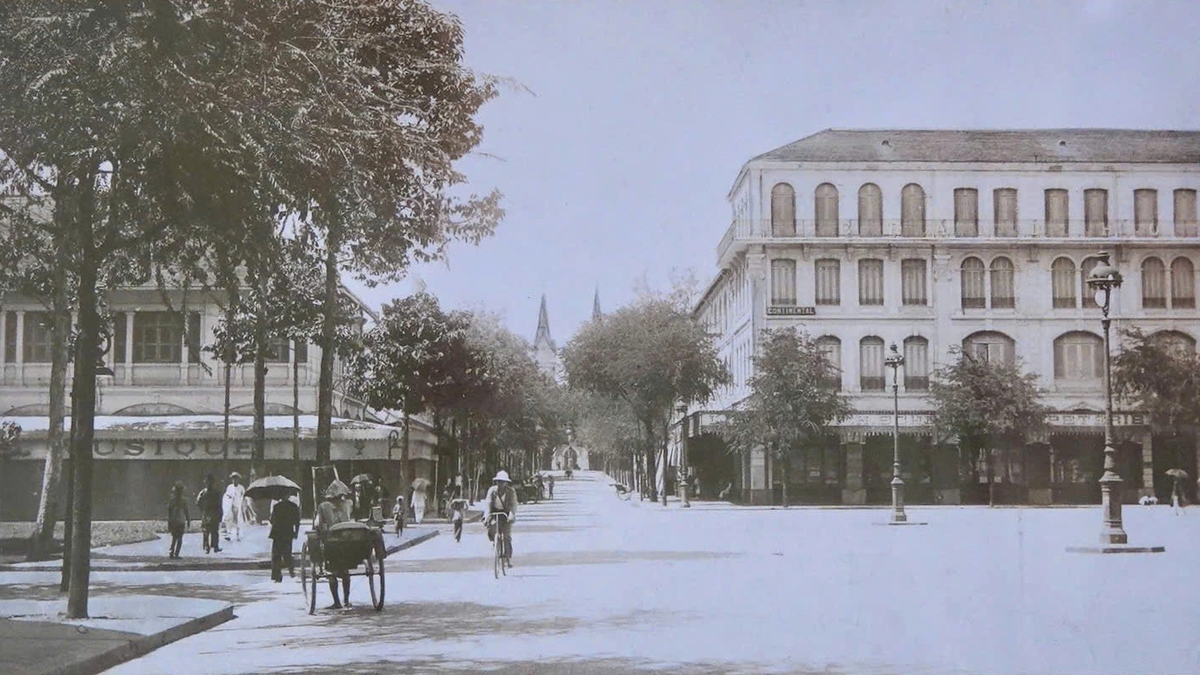
![[Photo] National Assembly Chairman Tran Thanh Man holds talks with Hungarian National Assembly Chairman Kover Laszlo](https://vphoto.vietnam.vn/thumb/1200x675/vietnam/resource/IMAGE/2025/10/20/1760952711347_ndo_br_bnd-1603-jpg.webp)
![[Photo] Chairman of the Hungarian Parliament visits President Ho Chi Minh's Mausoleum](https://vphoto.vietnam.vn/thumb/1200x675/vietnam/resource/IMAGE/2025/10/20/1760941009023_ndo_br_hungary-jpg.webp)
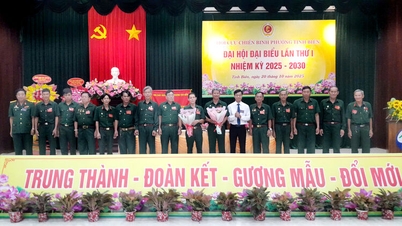

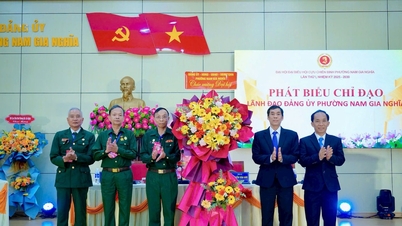

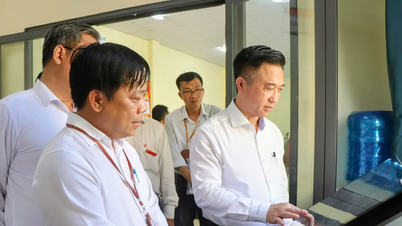

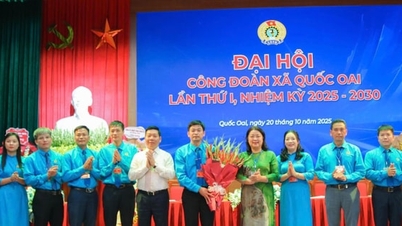

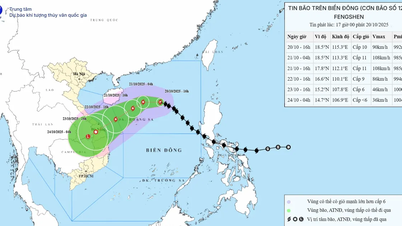
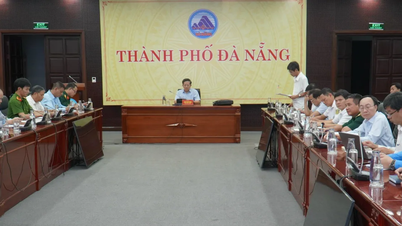




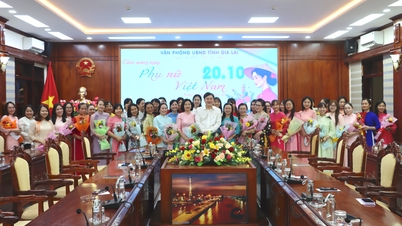
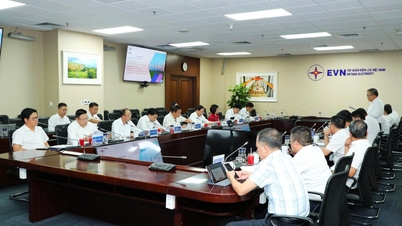
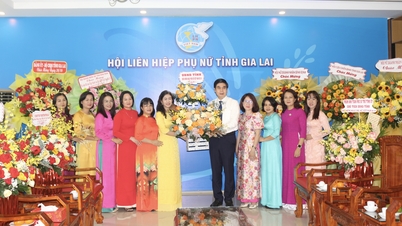
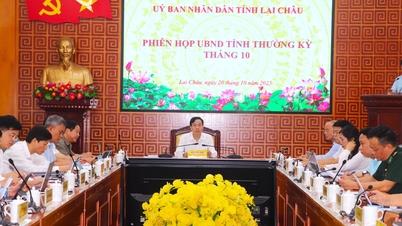

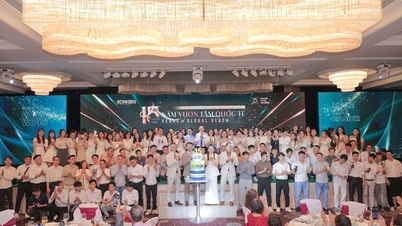
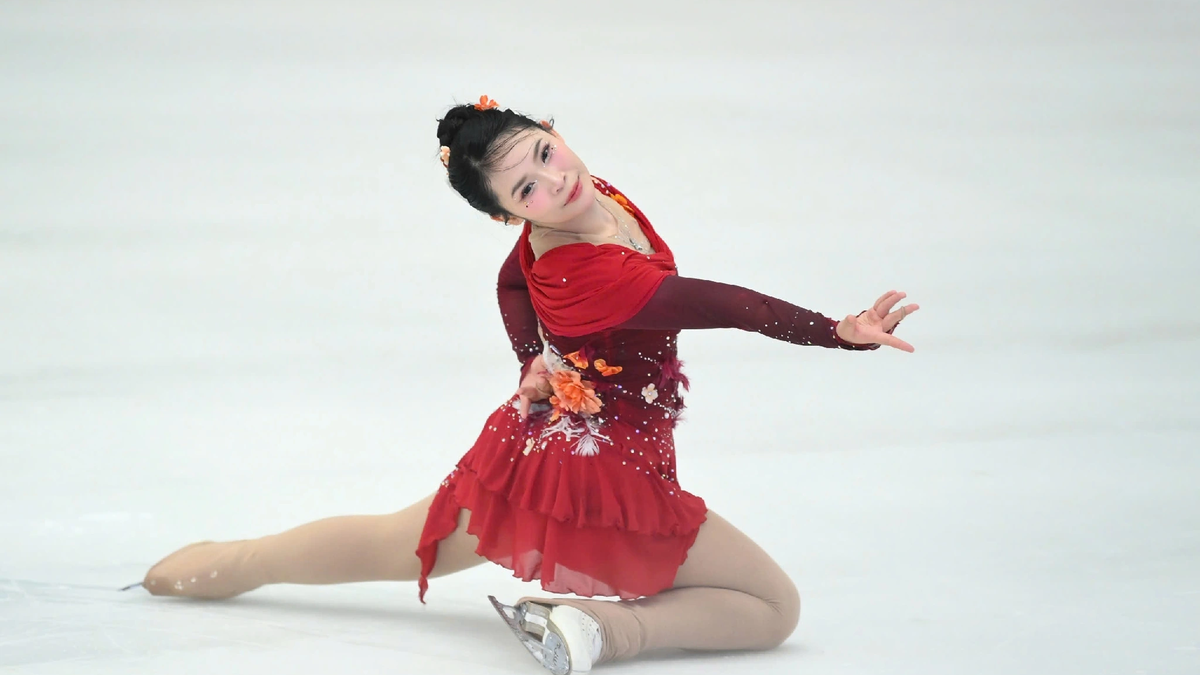
![[Photo] The Steering Committee of the 2025 Fall Fair checks the progress of the organization](https://vphoto.vietnam.vn/thumb/1200x675/vietnam/resource/IMAGE/2025/10/20/1760918203241_nam-5371-jpg.webp)


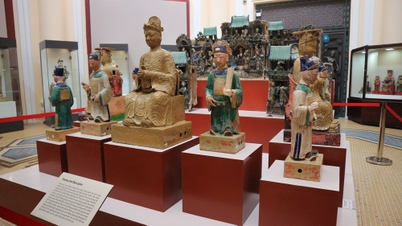
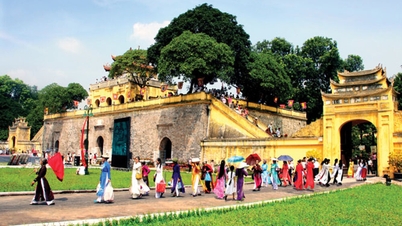
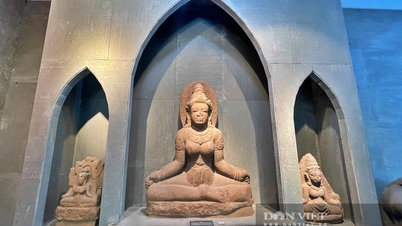

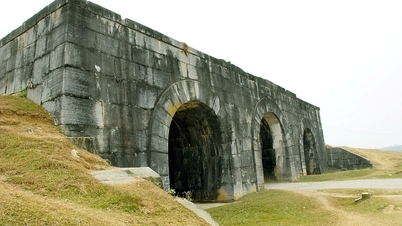
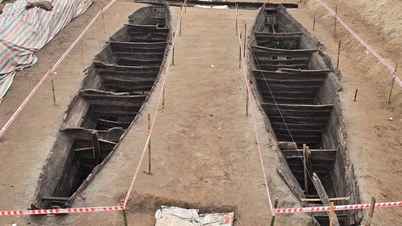

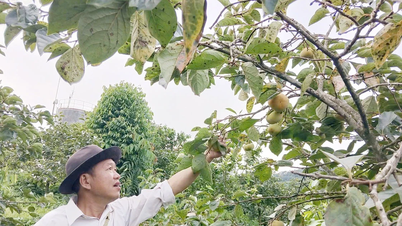

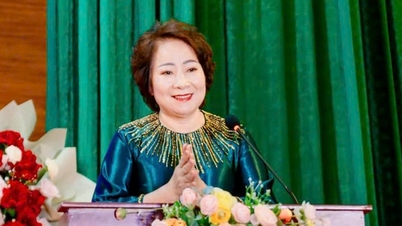



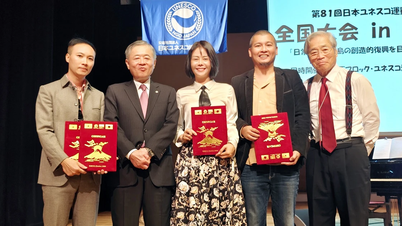

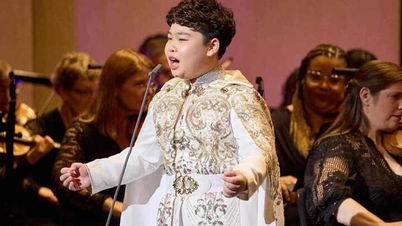

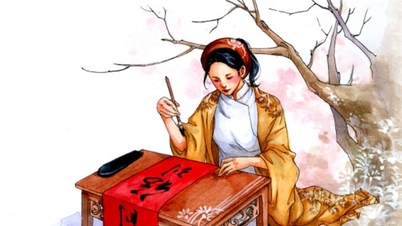


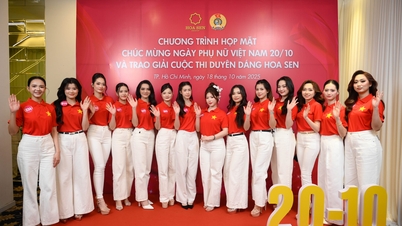
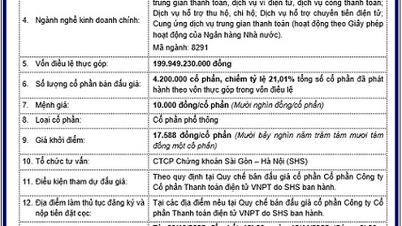
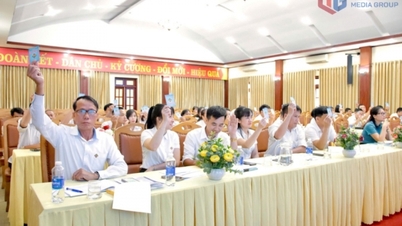

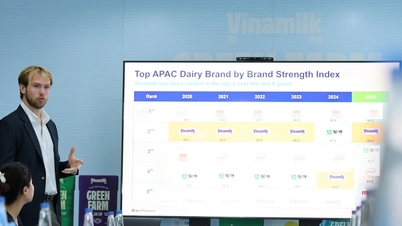

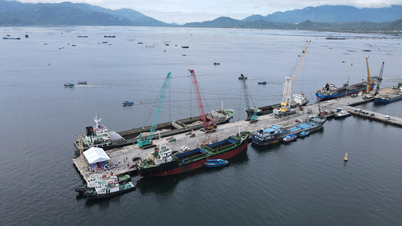








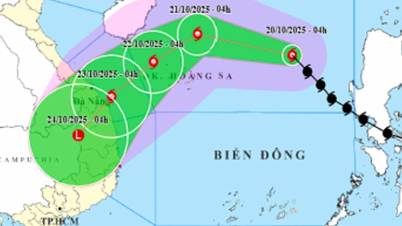

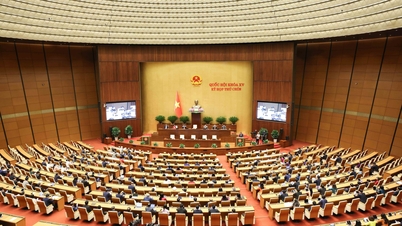

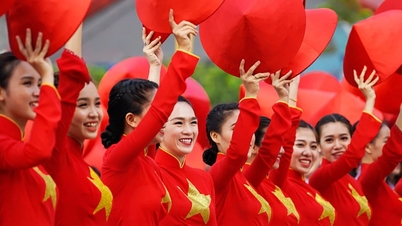

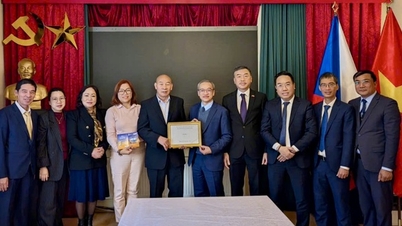

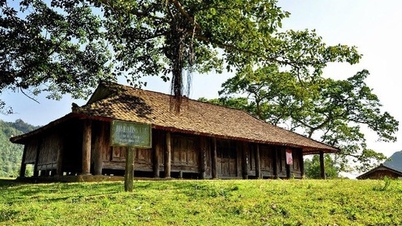
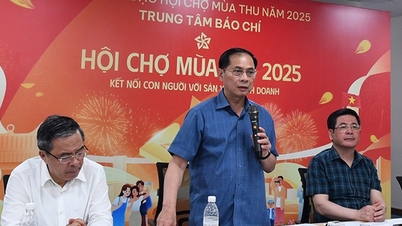
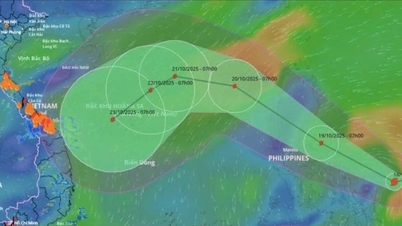

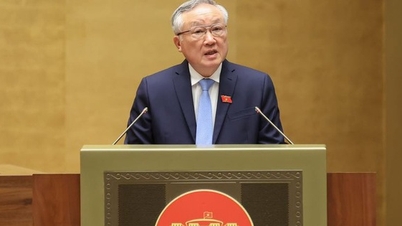
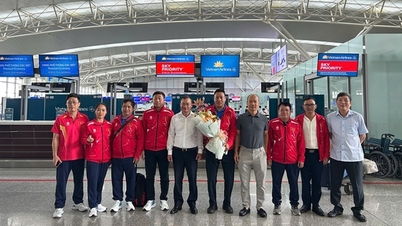
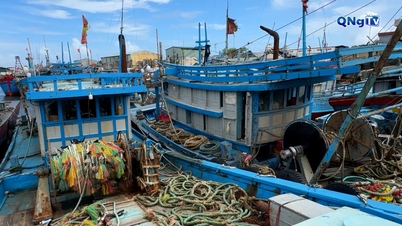

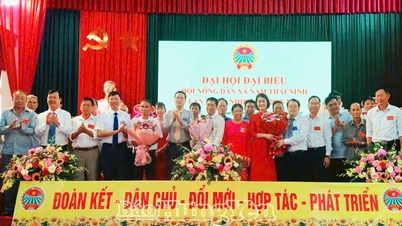



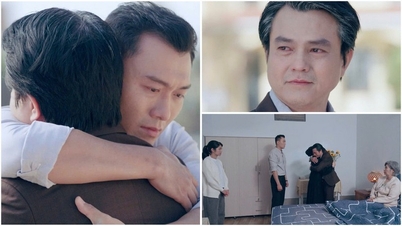














Comment (0)